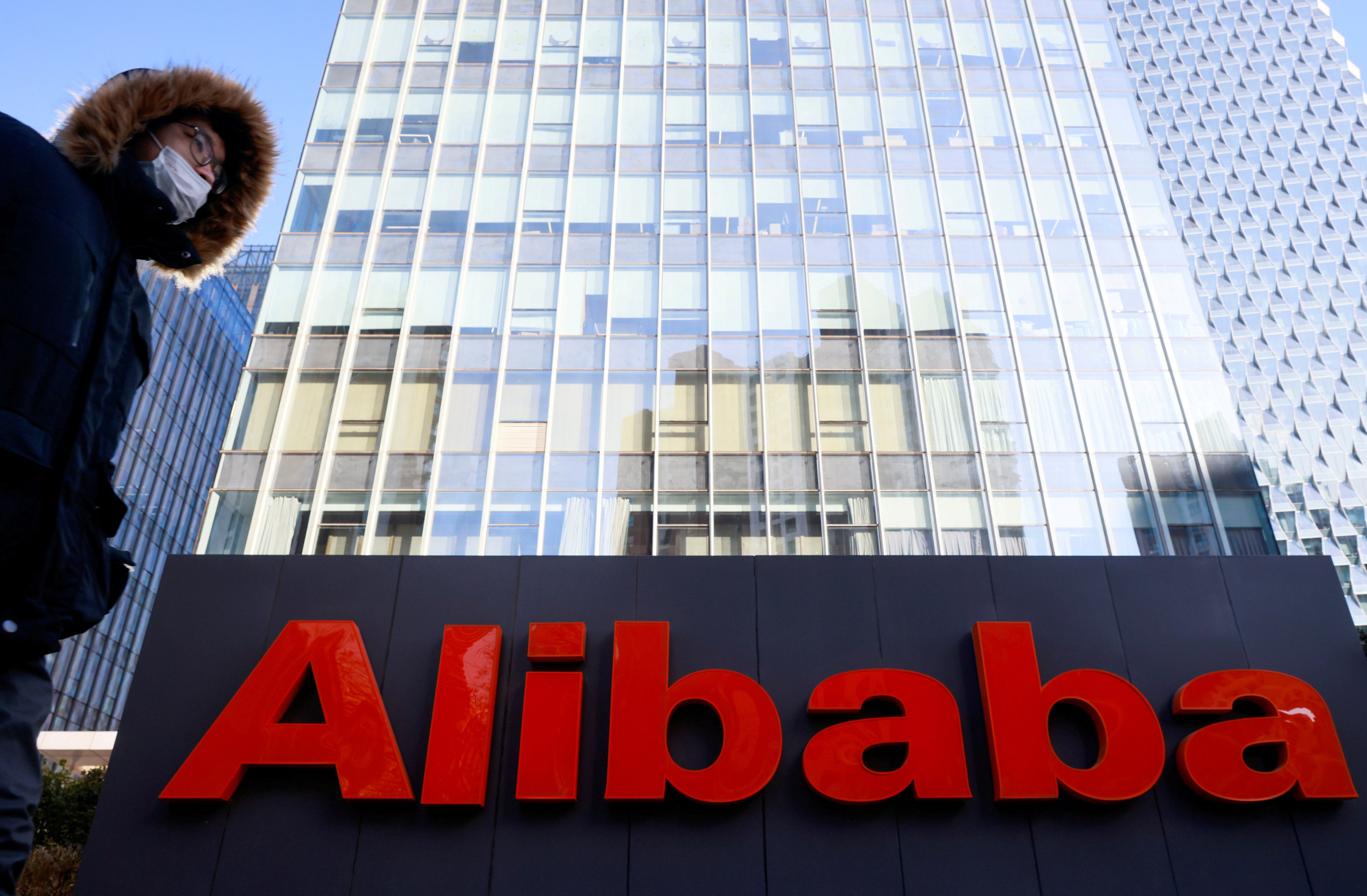Alibaba executive fired over rape claims that have put spotlight on Chinese giant’s work culture ‘problems’
China has struggled with the #MeToo movement because of limited outlets for dissent and activism

Your support helps us to tell the story
From reproductive rights to climate change to Big Tech, The Independent is on the ground when the story is developing. Whether it's investigating the financials of Elon Musk's pro-Trump PAC or producing our latest documentary, 'The A Word', which shines a light on the American women fighting for reproductive rights, we know how important it is to parse out the facts from the messaging.
At such a critical moment in US history, we need reporters on the ground. Your donation allows us to keep sending journalists to speak to both sides of the story.
The Independent is trusted by Americans across the entire political spectrum. And unlike many other quality news outlets, we choose not to lock Americans out of our reporting and analysis with paywalls. We believe quality journalism should be available to everyone, paid for by those who can afford it.
Your support makes all the difference.A male employee of Alibaba group has been fired after he was accused of raping a woman employee, the e-commerce giant said in an internal memo on Monday.
The woman alleged her boss raped her when she was unconscious after an alcohol-fuelled business meeting with clients on 27 July in Jinan, a city in eastern China.
In an essay written by the woman and accessed by The New York Times, she said she reported the incident to her superiors and was told the company decided to not fire her boss “because they were considering my reputation.”
Chief Executive Officer Daniel Zhang, in the memo, said he was “shocked, angry and ashamed” about the incident and told the supervisors to apologise to the employee for “not handling it quickly.”
The company fired the male employee responsible and had two senior managers resign for not responding appropriately after the woman published the essay, which trended on Chinese social media platforms.
Li Yonghe, who was appointed last month to lead a new division to oversee Alibaba’s non-retail businesses including food delivery and travel, was one of the managers who resigned along with the human resources chief, reported Bloomberg.
The incident comes as Alibaba faces growing scrutiny from China’s regulators and a larger conversation over the #MeToo movement, that reached the country at least three years ago.
China has grappled with coming to terms with the movement, as outlets for dissent and activism are mostly considered to be stacked against the country’s women and other gender minorities.
Several women find it tough to file police complaints as authorities place the requirement of video footage as a prerequisite for filing such complaints.
In some instances women are forced to take their complaints online because state-controlled media is often hesitant to report on such incidents.
Several women who do speak up are subjected to trolling, victim shaming and lawsuits. Zhou Xiaoxuan, considered to be the face of the country’s #MeToo movement, was sued by the man she accused of harassing her.
The Alibaba employee who brought forth the allegations in her essay, said her boss reportedly told their clients that he had “brought” them “a beauty.”
The woman also said she filed a police report after gaining access to video footage outside her hotel room that reportedly showed her boss stepping inside her room four times.
She alleged he duplicated her room key for access and woke up naked on July 28, with a box of condoms lying in her room.
Several of Alibaba’s employees soon pushed back after the essay went viral on Weibo, one of China’s social media platforms.
More than 4,000 employees formed a #MeToo group online on the company’s intranet condemning the woman’s boss, reported The New York Times.
Alibaba’s chief people officer Judy Tong was given a “demerit” over the handling of the incident, according to the internal memo.
Another problem that China’s tech industry has struggled with is gender imbalance, which results in misogynistic advertisements posted by tech giants.
New York-based watchdog Human Rights Watch in 2018 said recruiters for companies like Baidu and Tencent repeatedly published advertisements that say there were “beautiful girls” working in the organisations.
Join our commenting forum
Join thought-provoking conversations, follow other Independent readers and see their replies
Comments